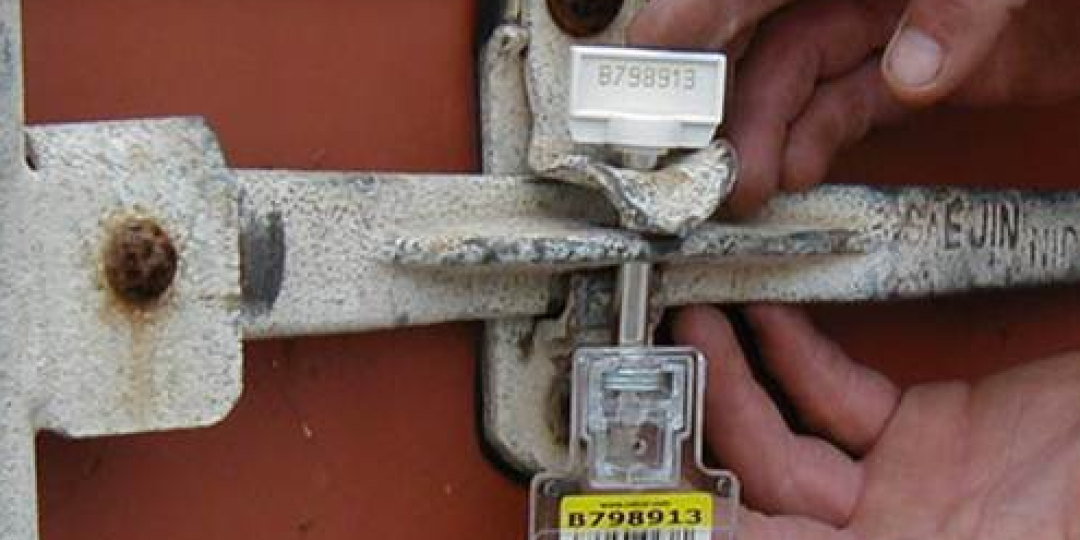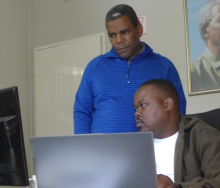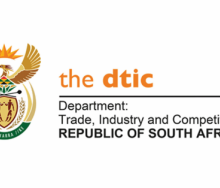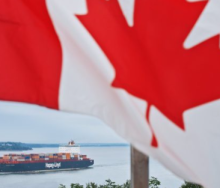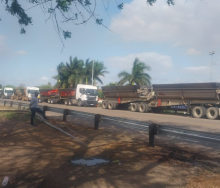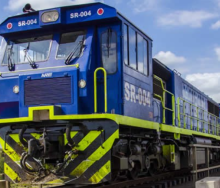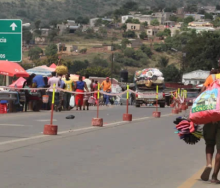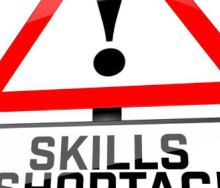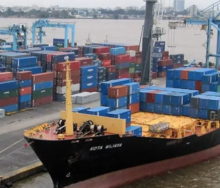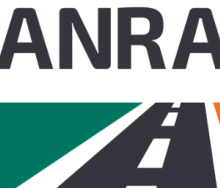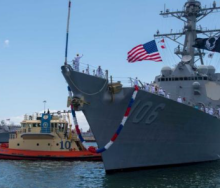Digital solutions are key to improving transparency and trust in the trade supply chain between business and customs authorities, the Technical Service Providers Association (TSPA) of South Africa told delegates at an online SA Revenue Service seminar on Wednesday.
Louise Wiggett, founder (*) of TSPA and managing director of Global Trade Solution, told delegates at the online International Customs Day seminar that e-commerce and online trading had had a “huge impact” on global trade and customs systems over the past two years.
“It’s not by chance that six of the world’s top seven companies are now what we call 'eco-system' companies.
“These are companies like AliBaba, Apple and Microsoft – providers not only of the original services that you know them for but also a host of other goods, making them ‘eco-system’ companies.
“This has dramatically changed the way the customs authorities need to look at organisations and has changed the way businesses look at their engagements with customs.
“This has resulted in us having a triangle of influence where customs, trade and the other government agencies need to work together to ensure we work in a collaborative fashion to achieve our objectives.”
Wiggett said the relationships between trade, customers and other government agencies needed to be based on truth rather than just on trust, and technology could play a major role to ensure this.
She said Peru was currently piloting a digitally connected seal for trucks and containers that could help businesses and customs to track cargo from departure to arrival at the end destination.
The seal reduces the risk of smuggling of illicit and counterfeit goods.
“A good way technology can be used to get to the truth is (through the use of) tamper evident asset management.
“This means you affix a seal to a vehicle and if that seal has been tampered with you will immediately be able to identify it.
“It addresses a number of concerns, including the threats to customs authorities around smuggling and counterfeit goods and also the concern of industry to have their goods arriving safely at the end destination.”
Wiggett also said the “very simple” solution combined a physical solution, a low-key seal that was affixed to the vehicle or container, which was underpinned by a digital application that could in some instances be a block chain solution.
“Each of the parties, being part of the block chain community, will be able to track the vehicle. Customs will be able to see what happens with the vehicle throughout the journey until it reaches its destination.
“This is a very good example of where technology can be used to give us truth and not only rely on trust.
“The Peru customs authority is piloting this very simple concept very successfully in its agricultural business and, from a South African customs perspective, it will be a very good pilot project for the new year.”
* Since this report was published it has been brought to the attention of Freight News that Wiggett is not the only founding member of the TSPA. We regret that this was the impression that was initially created.
